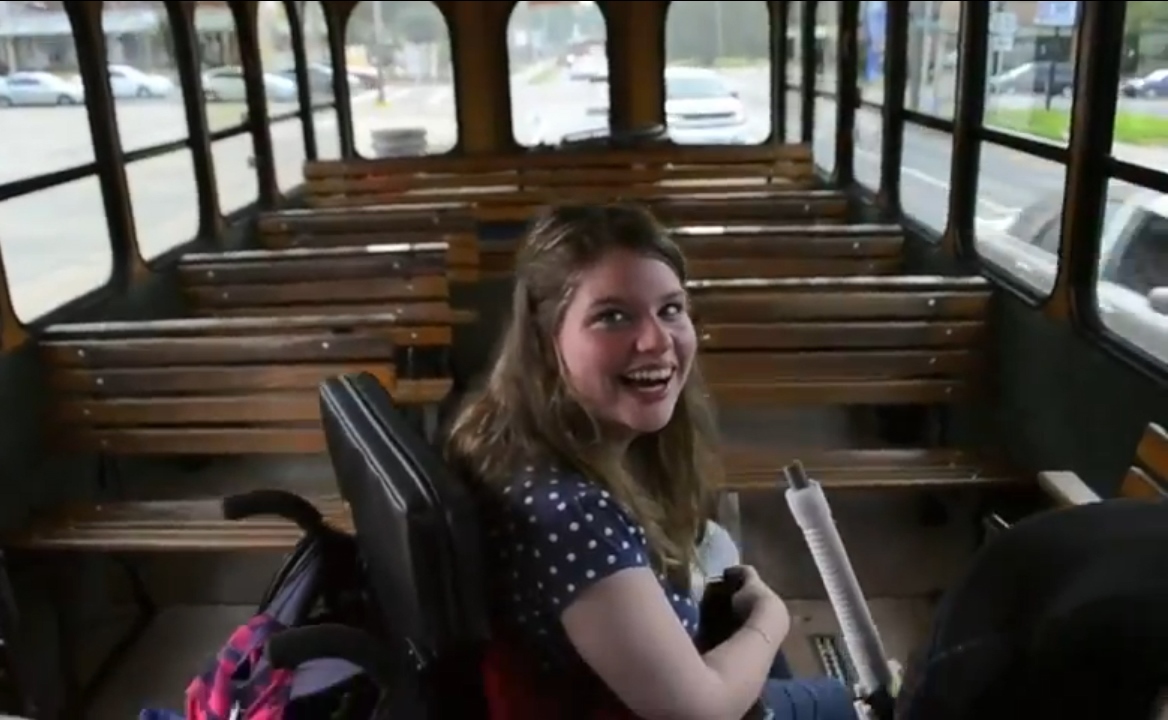Kings Point Midshipmen Raising Service Dogs
The mission of the United States Merchant Marine Academy (USMMA) at Kings Point, New York, is to educate and graduate licensed merchant mariners and leaders of exemplary character to serve America’s marine transportation and defense needs in peace and war. Academy leadership, faculty, and staff are renowned for their commitment to this mission —and also for going beyond this mission to increase the quality of life for all Americans.
This commitment is on full display through USMMA’s ongoing involvement with the Guide Dog Foundation for the Blind. Since 2006, Kings Pointers have participated in the foundation’s Guide Dog Raising Program.
Each year, two midshipmen are selected to raise loving service dogs to aid visually impaired Americans in their everyday lives. Alongside their studies and training, the midshipmen diligently train and care for a 5-7 week old puppy until it becomes 12 to 18 months old. Following this, they return the dog to the foundation to begin its new career as a guide dog...



